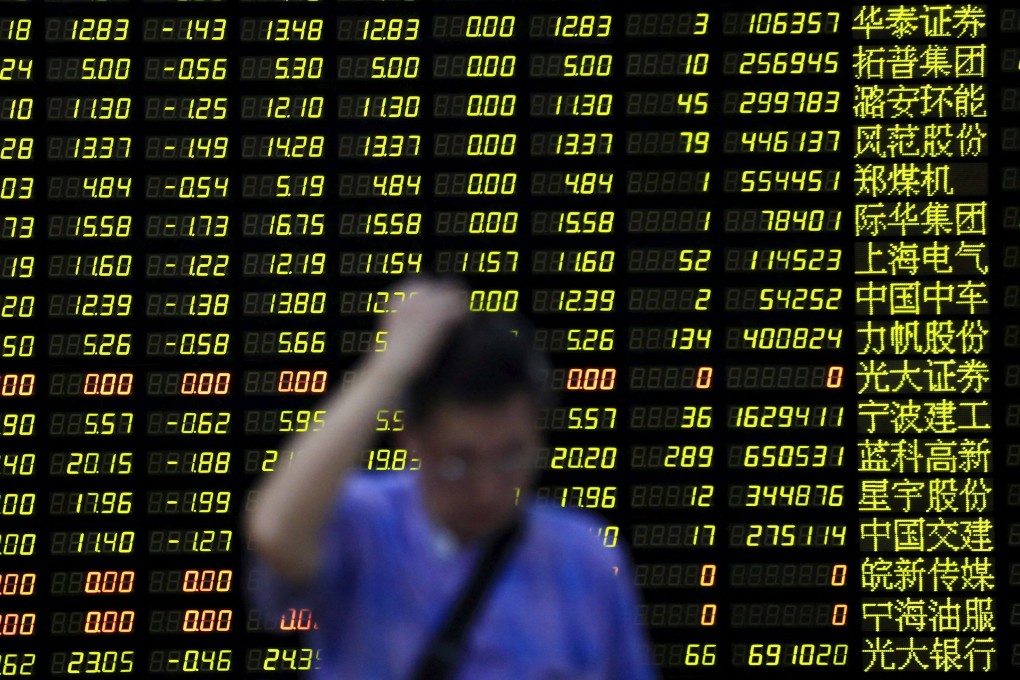China’s biggest hedge funds and insurers trim equity holdings in sign that market has not yet hit bottom
- Hedge funds’ allocation to equities fell to 74.3 per cent from 79.5 per cent in March, while insurers’ stock holdings accounted for 12.1 per cent of total assets in the first quarter
- The benchmark Shanghai Composite Index has declined 15 per cent so far this year

China’s major institutional investors are reducing their stock holdings, indicating that the worst for the nation’s equity market may not be over.
Market observers fear that the recent rally in Shanghai risks losing steam as the measures taken by policymakers so far may not be enough to reverse a contraction in economic activities seen in April.
“The April economic data suggests that the profound and negative impact of the pandemic on the economy has just started,” said Lin Rongxiong, an analyst at Essence Securities. “China’s economy is on a downward trend and there’s no data that signals an improvement now.”

Hedge fund managers with assets exceeding 10 billion yuan (US$1.5 billion) allocated an average 74.3 per cent of their money to equities as of May 13, compared with 79.5 per cent at the end of March. Meanwhile, stock holdings of insurers’ accounted for only 12.1 per cent of their total assets in the first three months, much lower than the 45 per cent cap set by regulators.
The lack of institutional buying interest is probably a stark reminder to China’s more than 100 million mom-and-pop investors that the sell-off spurred by a flare-up in the pandemic and a collapse in the property market still has some way to go.